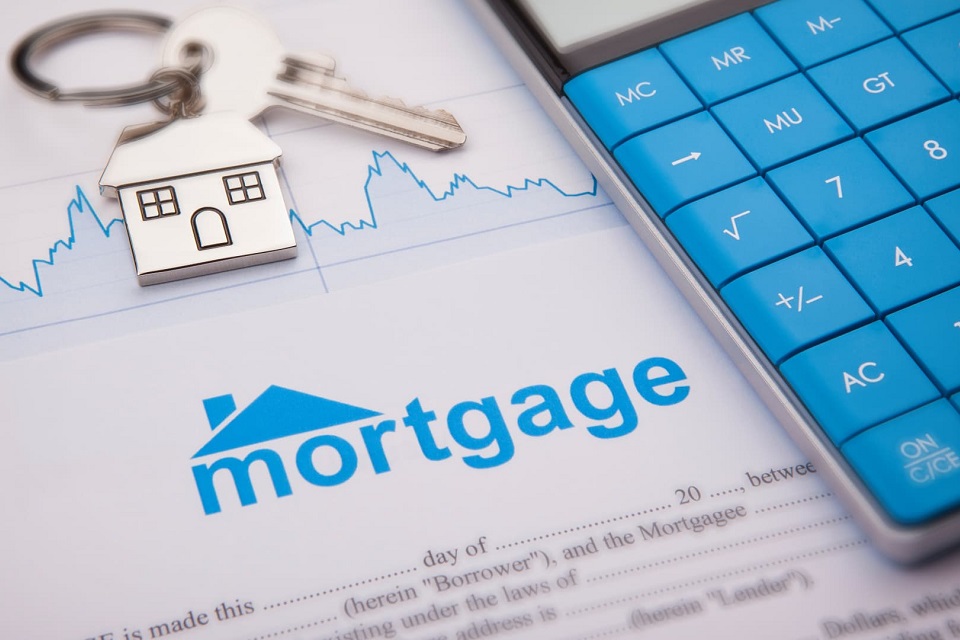Table of Contents
Finding the best mortgage rates can be daunting, especially for those new to the home-buying process. Numerous factors can affect mortgage rates, including your credit score, the type of mortgage you choose, and the lender you work with.
Starting The Process
One of the first steps in finding the best mortgage rates is researching and comparing different lenders. This can be done online, through mortgage brokers, or by contacting banks and credit unions directly. Shopping around for a better rate and comparing rates from multiple lenders is essential to ensure you get the best deal.
When considering a mortgage, it’s essential to consider the type of mortgage loan that best fits your needs. There are fixed-rate mortgages, adjustable-rate mortgages, and government-backed loans. Each type of mortgage has its pros and cons, and it’s essential to carefully weigh your options before deciding.
Specialist Mortgages
In addition, there are special mortgage programs available for certain professions, such as teachers, nurses, and military personnel.
For those in specific professions, there may be special mortgage programs available. For example, there are specialist Mortgages for medical professionals and people working within the medical field.
It can be worth exploring mortgages for specialist careers because these loans often come with additional benefits and incentives. These mortgage programs can be especially beneficial for those in specific professions who may not qualify for traditional mortgage loans due to low credit scores or other financial factors.
Another reason to explore mortgages for specialist careers is that they may offer additional support and resources throughout the home-buying process. For example, some programs may provide financial counselling or homebuyer education to help individuals navigate the complex process of obtaining a mortgage and purchasing a home.
Mortgage Costs
It’s also worth considering the additional costs associated with a mortgage, such as closing costs, points, and private mortgage insurance. These costs can vary significantly from lender to lender, and it’s important to carefully review the terms and conditions before making a final decision.
There are several ways to potentially bring mortgage costs down:
- Shop around for the best rates: It’s essential to compare the lending rates from multiple lenders to ensure you get the best deal.
- Consider a shorter loan term: Choosing a shorter loan term, such as a 15-year mortgage instead of a 30-year mortgage, can often result in lower interest rates.
- Make a larger down payment: A larger deposit or larger down payment can reduce the money you need to borrow and may result in a lower interest rate.
- Improve your credit score: A higher credit score may qualify you for a lower interest rate.
- Consider an adjustable-rate mortgage: Adjustable-rate mortgages (ARMs) can have lower interest rates than fixed-rate mortgages, but the rate can change over time.
- Choose a lower mortgage rate type: Some types, such as conforming or jumbo, may be lower than others.
- Refinance: If interest rates have decreased since you obtained your mortgage, refinancing may allow you to secure a lower rate.
- Pros and cons: It’s essential to carefully weigh the pros and cons of each of these options and consider your unique financial situation before making a decision.
In conclusion, finding the best mortgage rates requires research and comparison. Be sure to consider all your options, including special mortgage programs for specific professions, and carefully review the terms and conditions before making a final decision.





No Comments